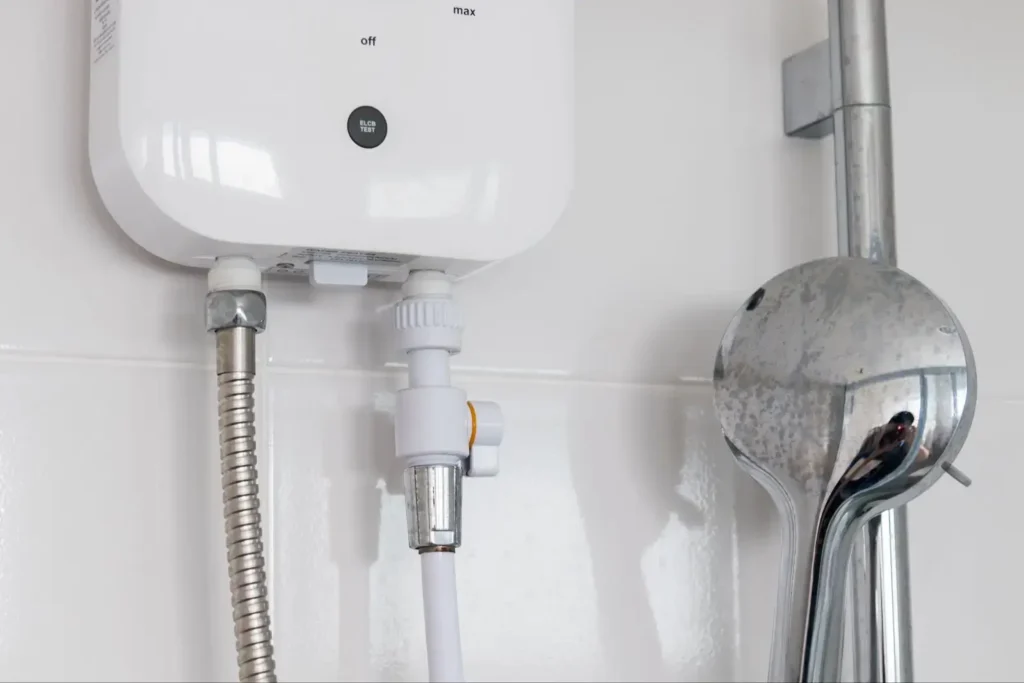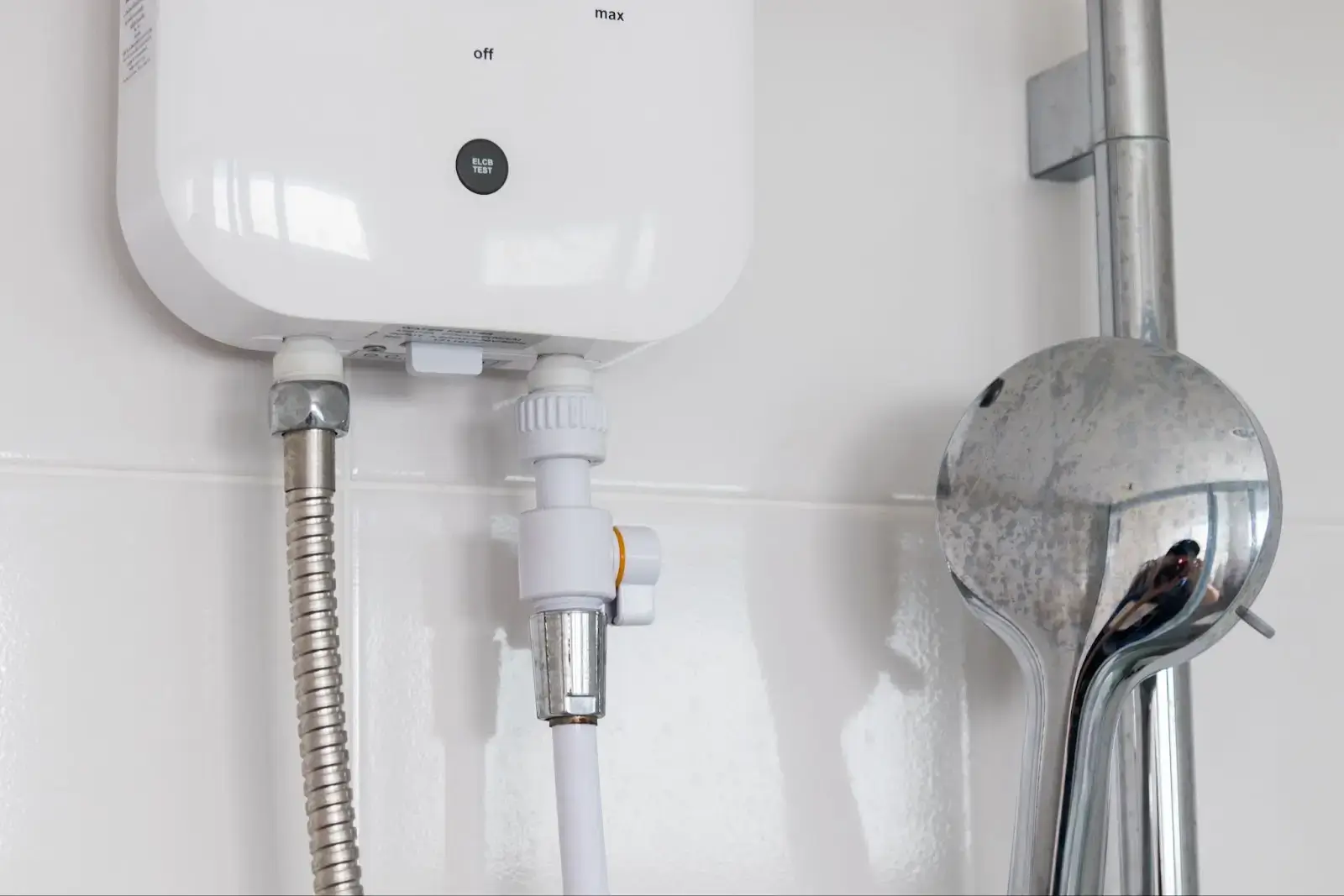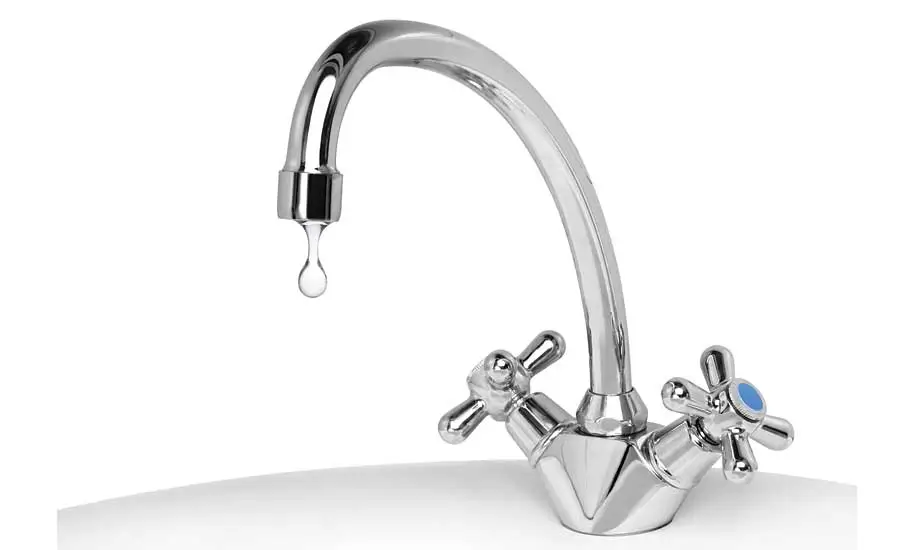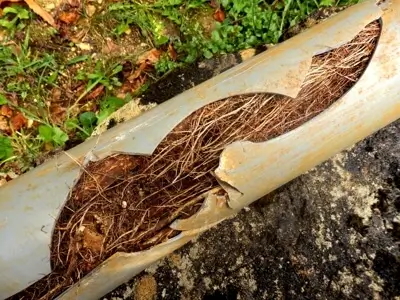Hot water is one of those things we take for granted until that relaxing morning shower suddenly turns into an unexpected arctic blast. But when's the last time you really stopped to appreciate the humble appliance making it all possible? That's right, your water heater might not be the most glamorous part of your home, but it definitely deserves some kudos.
Especially for us Portlanders, having the right water heater setup is pretty important stuff. We demand nice hot showers to combat the damp weather, but also want to keep those utility costs reasonable.
When it comes to water heaters, you have two main options to pick from - the traditional big tank storage models or the newer, more compact tankless styles. Each one has its own unique set of pros and cons worth mulling over.
It might seem like a headache at first, but we'll break down the nitty-gritty details of these two kinds of water heaters for you. By the time we're done, you'll be an informed homeowner ready to make the best choice for your Portland home's lifestyle and needs.

How Water Heaters Work
Before anything else, let's have a quick Water Heaters 101 crash course. Whether you go tank or tankless, it's good to understand the basic mechanics at play.
Traditional Water Heaters
This traditional water heater style relies on storing tons of hot water in that big insulated tank, keeping it toasty and ready to go. The tank is equipped with heating elements that kick on periodically to maintain the set temperature.
Typical tank capacities range from 20-80 gallons, with higher capacities offering faster recovery rates for reheating that whole tank after heavy use.
Tankless Water Heaters
These modern marvels are the popular new alternatives to bulky storage tanks. Tankless units use super-efficient heat exchangers to heat water on an on-demand basis as it flows through the unit. No storing tons of hot water - just a constant supply heated directly when you need it.
While eliminating standby energy losses, the flip side is tankless flow rates max out at 3-5 gallons per minute on average.
Traditional Tank-Style Water Heaters
Let’s start with the traditional tank-style water heaters.
Pros of Traditional Water Heaters
Traditional tank-style water heaters may be the old-school option, but these tried-and-true workhorses still have some serious advantages worth considering.
Lower Initial Cost
Upgrading anything in your home isn't cheap. When comparing upfront costs, tank water heaters definitely win out over their tankless cousins. The average purchase price plus installation fees for a new tank unit clocks in way lower than the premium you'd pay for a tankless system. If upfront affordability is key, tank is the budget-friendly move.
Simplicity of Use
Tankless may be the hot new thing, but tank water heaters are straightforward tech that every homeowner understands. No fancy computer panels or intricate setup required. Just set the temperature, and your trusty tank dutifully works its magic storing all that hot water. Sometimes the simple, familiar approach is best.
Availability of Hot Water
Speaking of storing all that hot water - having a big tank full of hot water is clutch for big households that need a lot of it simultaneously. If you are running bathrooms, laundry, and dishes back-to-back, it isn't a problem. As long as your tank capacity can keep up with the demand, everyone gets as much hot water as they need without delays.
Reliable Performance
Tank water heaters have been around for ages, and that lengthy track record breeds confidence in their reliability. Manufacturers have had decades to refine and optimize the technology. With proper maintenance, you can expect these workhorses to keep cranking out hot water for 8-12 years on average before replacement. No surprises or headaches there!
Cons of Traditional Water Heaters
As solid as traditional tank water heaters are, they're not without their drawbacks either. Every rose has its thorns, as they say.
Limited Hot Water Supply
Having all that hot water stored and ready to go is great...until it runs out during peak usage times. We've all experienced that awful moment in the shower when the hot water suddenly turns ice cold because someone else just flushed or ran the dishwasher. Tank capacities ultimately cap how much hot water is available at once before you're dry fired.
Higher Energy Costs
Keeping huge tanks of water piping hot 24/7 just in case you need it is wildly inefficient from an energy standpoint. All that wasted standby heat loss gets pricey, especially in older, poorly insulated tank models. Your utility bills take a hit just maintaining that constant ready supply whether you're using it or not.
Larger Footprint
Those big hulking tank units require some serious square footage to install, not to mention enough clearance around them for maintenance and potential replacement down the road. If premium space is at a premium in your humble abode, finding room for a water heater tank can be a challenge.
Shorter Lifespan
Even with diligent care, tank water heaters have a relatively short lifespan of 8-12 years on average before springing leaks or suffering terminal rust and deterioration issues. Once that tank has seen better days, you're on the hook for a full system replacement and all the costs and hassle that entails. The end always comes too soon!
Modern Tankless Water Heaters
Let’s now focus our attention on tankless water heaters.
Pros of Tankless Water Heaters
As impressive as tank water heaters are, their tankless counterparts have some serious advantages that might just make you a convert.
Energy Efficiency
Why waste energy keeping gallons of water constantly hot when you're not even using it? Tankless units only fire up to heat water when you actually need it. No more paying to maintain a huge standby supply 24/7. By heating on-demand, you can save big on those energy bills - especially if you have an older, inefficient tank guzzling power nonstop.
Unlimited Hot Water Supply
Out of hot water after back-to-back showers? Not a chance with a tankless heater. Since there's no storage tank limiting capacity, these things keep cranking out hot water as long as you need it. Perfect for large households prone to hot water traffic jams. Just don't run every shower and faucet at once - they do have flow rate limits to be aware of.
Space-Saving Design
These sleek, compact units are a dream for anyone tight on utility space. Tankless water heaters are a fraction of the size of those hulking storage tanks, and can even be mounted on walls to free up floor space. If you're remodeling or just hate wasted square footage, going tankless gives you options.
Longer Lifespan
While tank models are basically ticking time bombs destined for rust and replacement every decade or so, tankless heaters are the low-maintenance, long-haul solution. With no tank to corrode and spring leaks, you can expect 20+ years of service from these units with proper care. That's some serious longevity to make that higher upfront investment worthwhile.
Cons of Tankless Water Heaters
As awesome as those tankless water heaters sound, they're not a flawless solution either. Every hot water heating method has its own set of potential drawbacks to weigh.
Higher Initial Cost
Let's talk dollars and cents - tankless units put a bigger dent in the ol' wallet upfront. The purchase price alone for these high-tech heaters is steeper than traditional tank models. Then you've got to factor in professional installation costs on top of that. All in, you could be looking at double the upfront investment over a basic tank water heater. Definitely something to brace your budget for.
Complexity of Installation
Speaking of installation, going tankless often requires some hefty modifications to make it all work with your home's existing setup. Depending on the unit size needed, you might have to upgrade gas lines, vent piping, and even your electrical panel. For older Portland homes, making those bigger changes can be a complicated headache of a project.
Limited Flow Rate
For all their energy efficiency and endless hot water potential, tankless heaters do have their limits on just how much hot water they can provide at once. Sure, they'll keep pumping as long as you need, but only at a maximum flow rate of around 3-5 gallons per minute. Trying to run multiple showers or appliances simultaneously could max out that capacity and leave someone out in the cold.
Maintenance Needs
Our mineral-rich Portland water supply is great for health but not so great for appliances like tankless units. That water chemistry causes mineral buildup over time that requires professional flushing and cleaning annually to prevent blockages and damage. You'll need to stay on top of that recurring maintenance to keep tankless heaters running smoothly long-term.
Tankless or Tank Water Heater? Let Sunset's Portland Plumbers Guide You
We've discussed the pros and cons of both the modern tankless water heaters and the traditional tank-style ones. Both options have a lot of unique advantages and trade-offs. It can get quite confusing coming to a final choice.
So if you're still feeling unsure whether making the switch to a tankless water heater or sticking with a traditional tank is the smarter move for your Portland home, don't sweat it - you don't have to figure it out alone.
Just reach out to our seasoned plumbers at Sunset by dialing (503) 500-5866. We'll walk through all the factors with you one-on-one. Sunset's pros can provide personalized guidance to help you settle on the ideal new water heater solution. One that checks every box for your household's unique demands and budget limitations.







